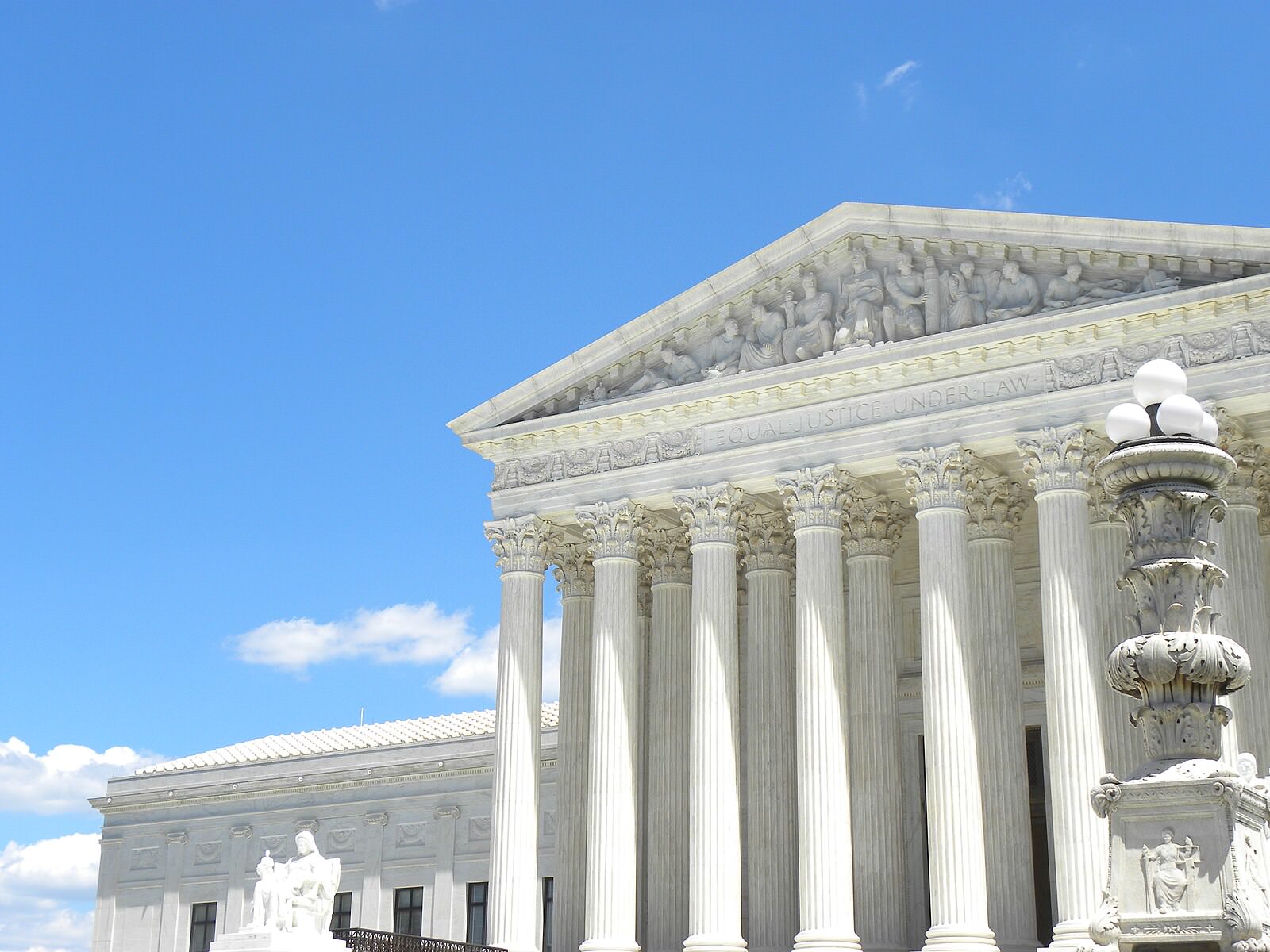Politics
Supreme Court Case Threatens Wealth Tax, Core Tax Principles
By Jake Beardslee · August 9, 2023
In brief…
- The Supreme Court has agreed to hear the case of Moore v. United States, which could impact the constitutionality of future wealth taxes.
- The case revolves around the challenge to the "mandatory repatriation tax" from the 2017 Republican tax overhaul, focusing on whether taxing profits never received by shareholders violates the 16th Amendment's requirement of "clear realization" of income for taxation.
- Legal experts believe the Court will uphold the repatriation tax to avoid disrupting foundational tax principles, despite potential challenges posed by the Court's conservative majority's originalist interpretation.
- Scholars say the Court's resolution could involve applying a history-and-tradition test, aligning with established international tax principles.

The Supreme Court agreed in June to hear a case that could have major implications for the constitutionality of future wealth taxes. The case, Moore v. United States, concerns a challenge to the “mandatory repatriation tax” included in the 2017 Republican tax overhaul, which imposed a one-time tax on overseas profits that U.S. companies had accumulated abroad. The key question is whether this tax on profits that shareholders never actually received violates the constitutional requirement under the 16th Amendment that income must be “clearly realized” to be taxed. The case will be heard in the Court’s upcoming term and is attracting increasing attention from the legal and financial communities
Legal experts believe the Supreme Court will likely rule to uphold the repatriation tax in order to prevent the massive disruption of invalidating foundational tax law principles. However, the Court’s conservative majority’s adherence to originalism poses a hurdle, as early 20th-century court rulings required income to be “received” in order to be constitutionally taxed. This suggests wealth taxes could be barred under originalist interpretations. The same experts believe the Court will be challenged to decide between upholding modern tax law practice and the original definition of “income” in assessing the case.
The Supreme Court’s optimal resolution, scholars say, may be to apply the same history and tradition test it has used for recent First and Second Amendment cases. This approach would permit upholding the overseas repatriation tax since it aligns with longstanding international tax principles. At the same time, a ruling of this sort would bar any future wealth tax lacking historical precedent in the U.S. tax system. Such a tailored ruling based on tax customs and norms would allow the Court to maintain core facets of the current tax code while blocking attempts to impose novel wealth taxes on shaky constitutional grounds.